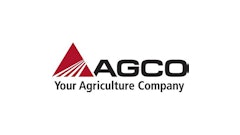A new CALSTART report indicates that California’s climate and energy policies are not only helping to protect the environment and improve air quality, but are also helping to accelerate growth of the clean transportation technology industry in the state.
The report, “California’s Clean Transportation Technology Industry: Time to Shift into High Gear,” profiles the development of a burgeoning manufacturing sector that is producing zero- and near-zero emission light-, medium- and heavy-duty vehicles, as well as clean fuels, engines, vehicle components, and new mobility services.
“This report shows that California’s forward-looking air quality, climate and energy policies – like AB 32 and the Low Carbon Fuel Standard – along with incentive funding are creating jobs and making California a leader in the fast growing global clean transportation technology industry,” says CALSTART President and CEO John Boesel. “What we are finally seeing is a tremendous synergy between the state’s policies, its culture of innovation, and its human capital. These factors together over the past five to seven years have created nearly 20,000 new high quality jobs in the state.”
Among many other signs of recent progress, the report notes that since the great recession, California has become home to the first successful new U.S. car manufacturing since the end of World War II; California was selected as the first state to host a vehicle production plant owned by a Chinese company; and a South Carolina firm has effectively moved its headquarters to California and is in the process of building an electric bus manufacturing plant because of the opportunities in the state.
The report inventories over 300 companies that are creating high quality jobs, building new manufacturing facilities, and making major investments in California. Examined in detail are three regions: the South Coast, San Joaquin Valley, and Silicon Valley.
Executives profiled in the report see enormous potential for industry growth in California. They predict that thousands of additional high-quality jobs will be added to the industry’s current base of over 20,000 as the industry ramps up manufacturing between now and 2030.
“The clean transportation technology industry is growing faster in California than in any other state. What is especially exciting is that the industry is adding new jobs in communities such as Pixley, Perris, Lathrop, and Riverside,” says Boesel.
The report notes that while California is the third largest oil producing state in the nation, it imports more than half of the oil it consumes. On a comparative basis, California is more dependent on foreign oil than is the nation as a whole.
“By growing the clean transportation technology industry, over the next decade we could eliminate the state’s dependence on foreign oil and keep 50% of our transportation energy dollars in state. Growing this industry represents a win-win and an enormous economic opportunity for the State of California,” Boesel says.
According to the report, the chief threat to the future growth of the clean transportation industry is the possibility of a change in policy or direction. The report concludes that establishing long-term goals and a commitment to achieving the state’s air quality and climate goals will continue to drive investment, innovation and job growth in the state. The report recommends codifying the state’s 2050 climate target, setting 2030 goals for the Low Carbon Fuel Standard, and continuing the successful greenhouse gas AB 32 cap and trade program.
Read the full report.
![Hcm Ax Landcros Press Release[32] jpg](https://img.oemoffhighway.com/mindful/acbm/workspaces/default/uploads/2025/11/hcmaxlandcros-press-release32jpg.mAEgsolr89.jpg?auto=format%2Ccompress&fit=crop&h=100&q=70&w=100)



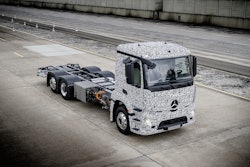
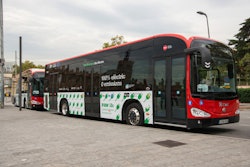
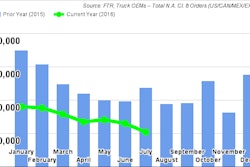
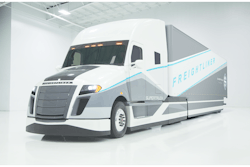
![Hcm Ax Landcros Press Release[32] jpg](https://img.oemoffhighway.com/mindful/acbm/workspaces/default/uploads/2025/11/hcmaxlandcros-press-release32jpg.mAEgsolr89.jpg?ar=16%3A9&auto=format%2Ccompress&fit=crop&h=135&q=70&w=240)
